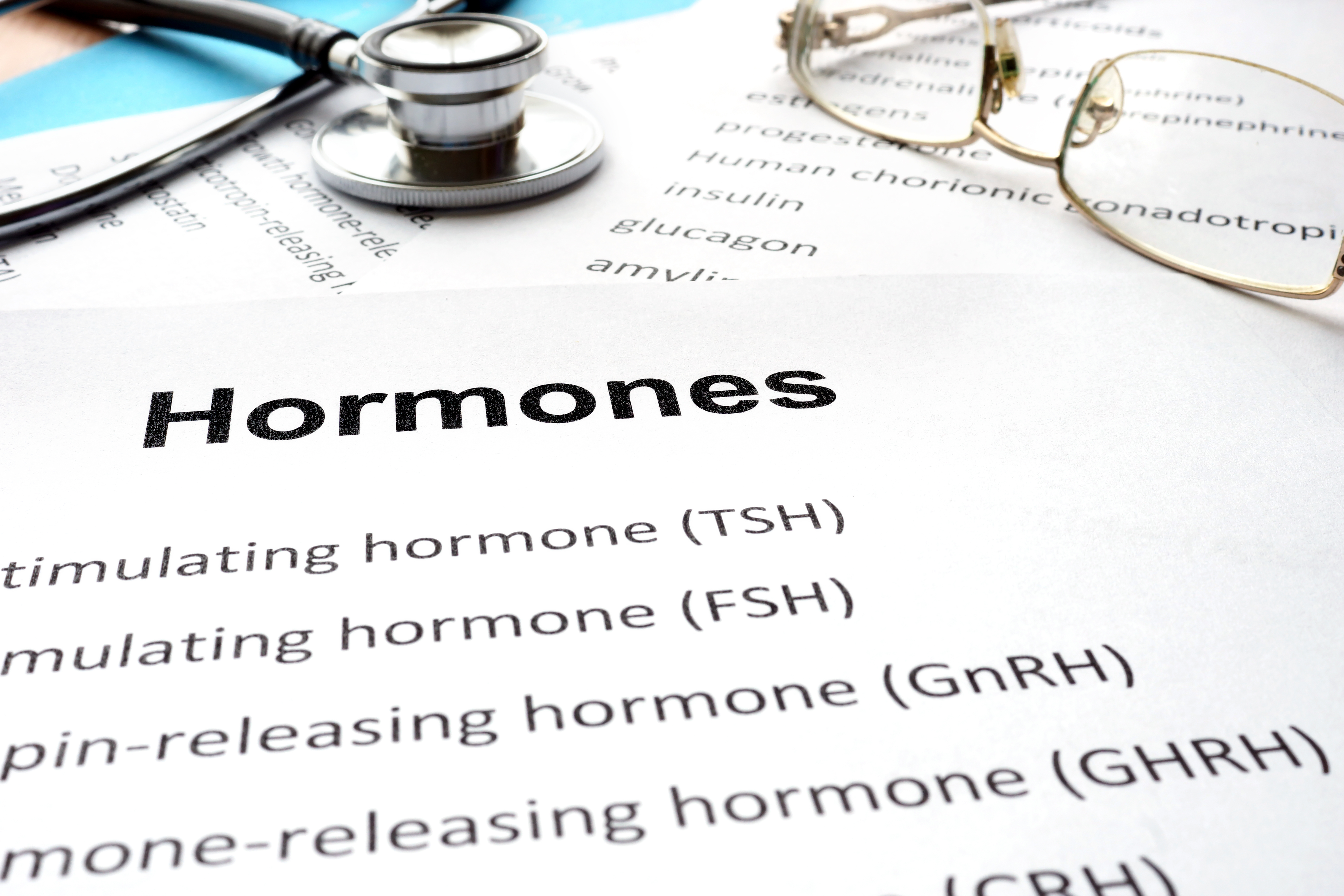One of the most important components required for normal functioning of the body are hormones. They are instrumental in smooth functioning of the body including digestion, respiration, growth, reproduction, sleep, and even our moods. Produced in the endocrine glands that are located in various parts of the body, hormones are chemical messengers that trigger many body functions. And, when the endocrine gland has any disease, it results in hormonal disorders.
Hormones travel throughout the body, yet they can trigger action only on a specific organ. Upon reaching the target organ, these hormones initiate or inhibit certain functions of the body. For example, the thyroid-stimulating hormone produced in the pituitary gland acts on the thyroid glands and influences the production of thyroid hormones. Aldosterone produced in the adrenal glands acts on the kidneys and regulates electrolyte balance and helps in balancing fluids.
Here’s a list of hormones that are produced in various endocrine glands with their functions.
Hormones and their functions
| HORMONE | FUNCTION |
|---|---|
Adrenocorticotropic | Assists in the synthesis and secretion of adrenocortical hormones - aldosterone, androgens & cortisol. |
Antidiuretic hormone |
|
Follicle-stimulating |
|
Growth hormone/Somatotropin(Pituitary Gland) |
|
Luteinizing |
|
Oxytocin(Pituitary Gland) |
|
Prolactin(Pituitary Gland) | Promotes development of breasts and milk production and secretion in women. |
Thyroid-stimulating | Stimulates synthesis & secretion of thyroid hormones - thyroxine & triiodothyronine. |
Melatonin(Pineal Gland) | Secretes melatonin & related hormones which activates antioxidant enzymes that perform restorative functions. Has antiaging properties and plays an important role in regulating circadian rhythm. |
Thyroxine (T4) and | Increases body’s metabolic rate, assists in growth of tissues, and bones, regulates protein synthesis. |
Calcitonin(Thyroid) |
|
Parathyroid |
|
Cortisol(Adrenal cortex) |
|
Aldosterone(Adrenal cortex) |
|
Norepinephrine and |
|
Insulin(Pancreas) | Acts on cells to increase glucose uptake from the bloodstream. |
Glucagon(Pancreas) | Promotes release of stored glucose from liver and production of glucose, if necessary. |
Testosterone(Testes) |
|
Estrogen(Ovaries) |
|
Progesterone(Ovaries) |
|
Thymosin(Thymus Gland) |
|
Hormones are also secreted by other organs of the body, but these are not endocrine glands. These hormones also play an important role in regulating body functions. Organs like the heart, kidneys, and the intestines produce certain hormones that assist the body.
Organ/Tissue |
Hormone Released |
Function |
| Fat Cells (adipocytes) | Leptin | Inhibits the feeling of hunger and regulates energy balance |
| Heart | ANP (atrial natriuretic peptide) | Regulates the balance of sodium, potassium, fat, and water in the body |
| Kidney | Renin | Regulates blood pressure and blood volume |
| Kidney | Erythropoietin | Helps in formation of red blood cells |
| Kidney | 1,25-Dihydroxycholecalciferol | Regulates calcium levels in blood |
| Placenta | Human chorionic gonadotropin (HCG) | Supports the ovarian corpus luteum |
| Placenta | Human somatomammotropin | Functions similar to growth hormone |
| Stomach | Gastrin | Stimulates secretion of gastric juices |
| Stomach | Ghrelin | Stimulates Hunger |
| Small Intestine | Secretin | Regulates water balance on the body |
| Small Intestine | Cholecystokinin (CCK) | Stimulates protein and fat digestion |











